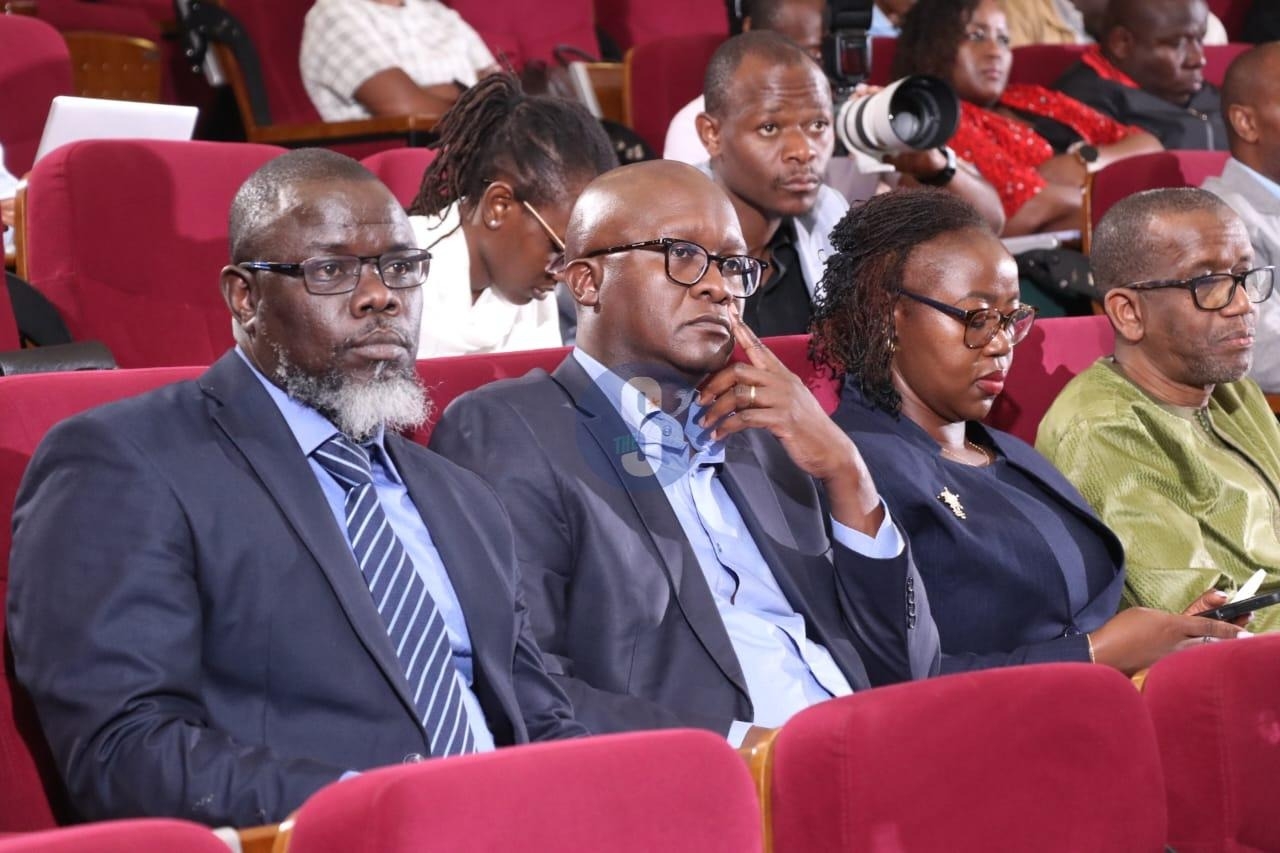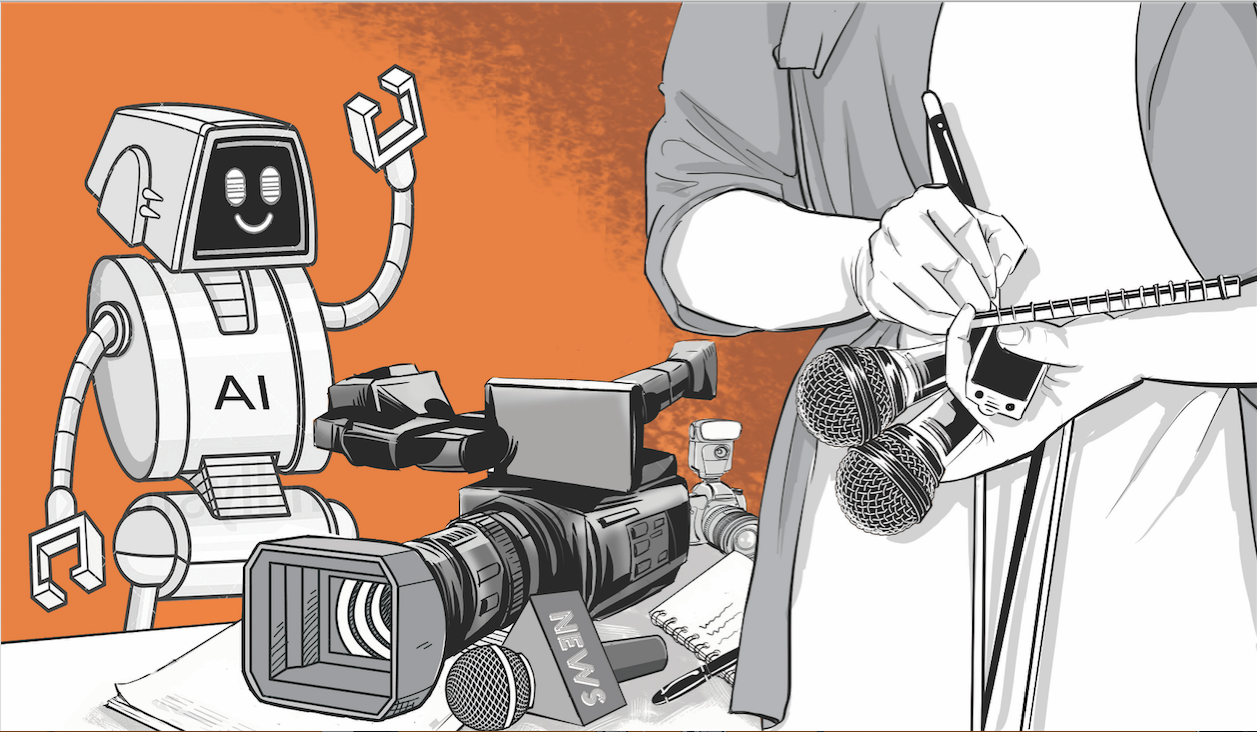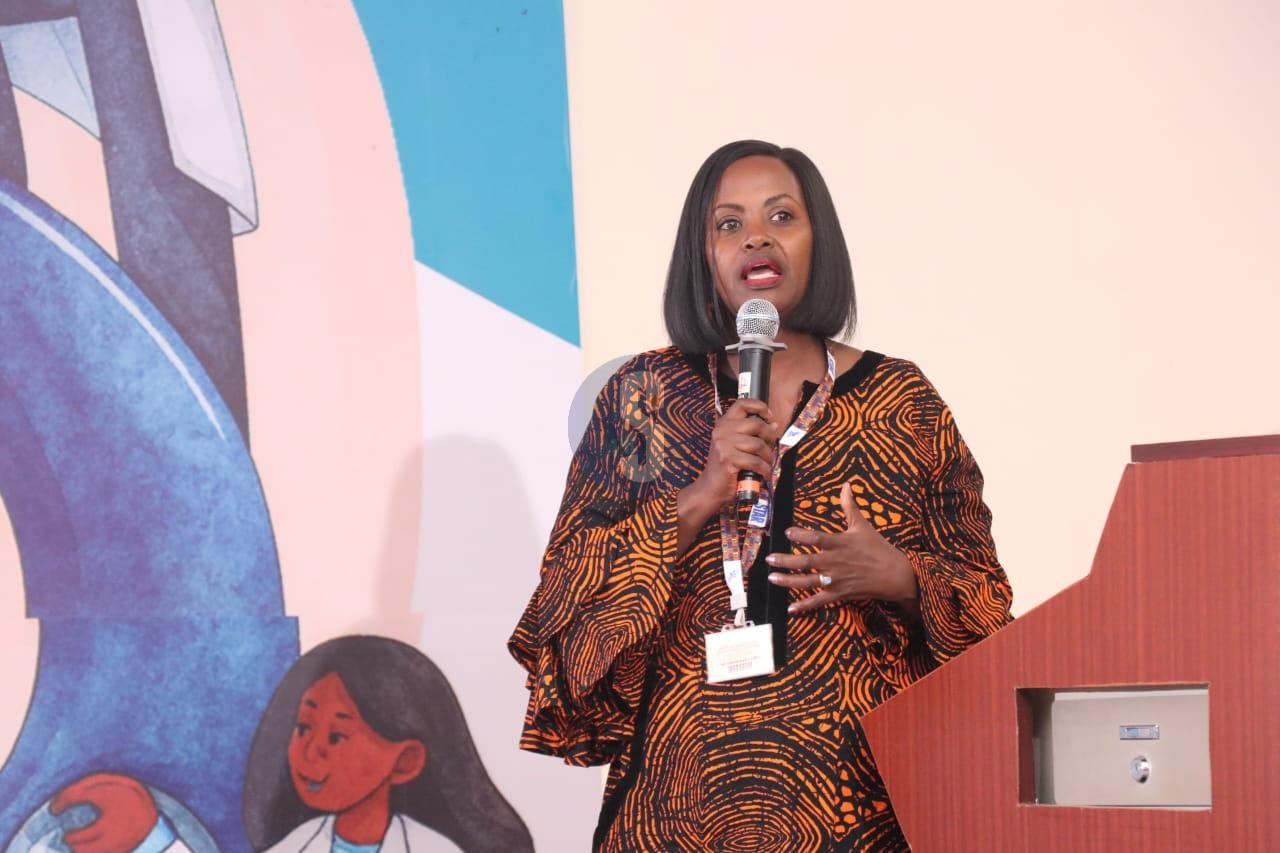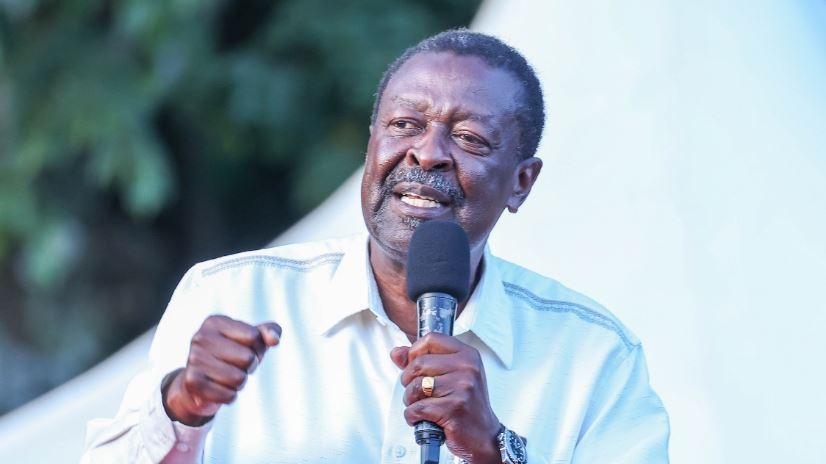

The digital revolution has radically transformed how news and information are produced, shared, and interpreted. Truth now has to compete with distortion at an unprecedented speed. Trust — once journalism’s strongest currency — has also come under immense pressure from a multiplicity of sources. And technology, while empowering, has also enabled misinformation, weakened traditional gatekeeping, and reshaped how audiences engage with news.
As Editors from legacy media platforms meet for this year’s Annual Editors Convention under the theme of 'Truth, Trust and Technology: The Place of Journalism in the Digital Era', they do so at a moment that demands clarity, uncommon courage, and renewed responsibility. The media stands at an inflection point, and the decisions we as editors make today will define the future of journalism in Kenya.
The past year exposed many vulnerabilities in Kenya’s media landscape. During the Gen Z–led protests, more than 20 journalists were assaulted, injured, or had their equipment destroyed while covering news events. Women journalists endured vicious online harassment and coordinated trolling.
One of the starkest blows to press freedom came when the Communications Authority unlawfully ordered the switch-off of live broadcasts during a critical national moment. The news blackout interrupted real-time reporting, denied the public essential information, and undermined the constitutional guarantees of media freedom.
It took a court order to compel the CA to restore live broadcasts, an affirmation that the rule of law remains a vital shield for press freedom. Yet, these were not isolated events; they were deliberate attacks on the public’s right to know.
The Kenya Editors Guild responded decisively. As responsible industry players, we engaged the Ministry of Interior, the National Police Service, the Attorney General’s Office, and other state agencies.
We documented violations, demanded accountability, and stood with journalists such as Catherine Wanjeri and Eric Isinta, whose experiences reflect the risks journalists face while serving the public. Without safety, there can be no free press; and without a free press, democracy is weakened.
Yet the work of the Guild this year has extended beyond crisis response. KEG continued to drive essential reforms to strengthen the foundations of media freedom and professional excellence.
Under the Kenya Media Sector Working Group, editors engaged the Parliamentary Committee on ICT and Digital Economy and the Ministry of ICT and Digital Economy to pass amendments to the Media Council Act, and enhance the independence and effectiveness of the regulator.
KEG contributed significantly to the review of the Code of Conduct for Media Practice (2025), expanding it to cover emerging issues, such as Artificial Intelligence, deepfakes, digital manipulation, hate speech, and online gender-based violence. KEG also challenged policy directives that undermine media independence and advocated transparent government advertising frameworks critical to newsroom sustainability.
Capacity building remains one of KEG’s core pillars. This year, the Guild held a Climate Change Reporting Masterclass at Daystar University, enhancing journalists’ ability to cover one of the world’s most defining issues. The Climate Change Reporting Manual has already been integrated into Daystar’s curriculum development — a milestone in institutionalising specialised journalism training.
KEG also produced a Biotech Reporting Handbook in partnership with AATF, which will be officially launched during this year’s convention. In the coming weeks, the Guild will begin developing a Trade and Business Reporting Manual, essential for strengthening economic journalism in a rapidly evolving environment.
Additionally, in partnership with other stakeholders and partners, it will soon roll out election reporting trainings to prepare journalists for accurate, ethical, and conflict-sensitive coverage ahead of the 2027 general election.
This year’s convention, to be held at the Sun and Sand Beach Resort in Kilifi, will further mark the signing of a Memorandum of Understanding with the Ethics and Anti-Corruption Commission — a partnership aimed at strengthening crime and investigative journalism.
KEG’s long-standing MoU with the Independent Electoral and Boundaries Commission is currently under review and will be renewed in the near future, further deepening collaboration on information sharing, transparency, and electoral communication.
Even as we build industry capacity and strengthen partnerships, we must confront a fundamental reality: technology is reshaping journalism at its core. Artificial Intelligence has transformed content creation and verification. Disinformation networks are more sophisticated than ever. The speed of digital platforms often outpaces traditional editorial checks.
Such challenges notwithstanding, KEG continues to lead the industry into this new technological frontier. It is developing AI literacy programmes and advocating ethical and responsible use of digital tools. Its leadership team also continues to engage partners committed to digital rights, data privacy, and safe online environments for journalists.
As the clock ticks towards the 2027 election, stakes remain high. The integrity of Kenya’s democracy depends on the integrity of information. Editors must, therefore, lead with courage, champion accuracy, and model commitment to truth.
The convention, is, however, not just a reflection. It is expected that editors will come up with a call to action, including reclaiming their authority. Similarly, newsrooms must innovate without compromising ethics, while journalists must defend truth even when doing so encounters difficulties. They should remember that even in the digital age, the place of journalism is not diminished; it is redefined. And KEG remains steadfast in defending press freedom, elevating excellence, and shaping the future.
President of the Kenya Editors Guild















![[PHOTOS] Family, friends receive body of Raila’s sister, Beryl](/_next/image?url=https%3A%2F%2Fcdn.radioafrica.digital%2Fimage%2F2025%2F11%2Fdfe6a9bf-ede1-47a4-bdc0-4f564edb03dd.jpeg&w=3840&q=100)

